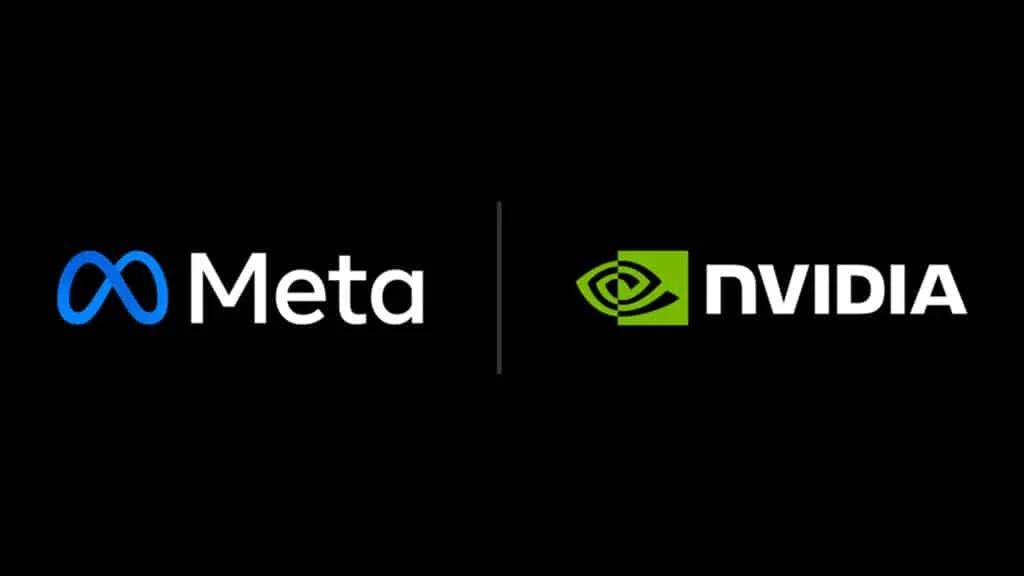The News: Salesforce announced Einstein Copilot, a new generative-AI powered conversational assistant that is built into the user experience (UX) of every Salesforce application, at its annual Dreamforce 2023 conference in September. The company concurrently announced Einstein Copilot Studio. Einstein Copilot Studio provides a way for companies to build an entirely new generation of AI-powered apps and control Copilot workflows by linking to specific database fields in Data Cloud and customizing the behind-the-scenes prompts that trigger the workflows, providing more personalization.
According to the press release announcing the news, Einstein Copilot and Einstein Copilot Studio will operate within the Einstein Trust Layer, a secure AI architecture built natively into the newly announced Einstein 1 platform that allows teams to benefit from generative AI while preserving their company’s data privacy and security standards. Salesforce indicated that Einstein Copilot is currently in pilot, and Einstein Copilot Studio will be in pilot in Fall 2023.
You can read a Press Release containing details of the announcement at Salesforce’s website.
Salesforce Announces Einstein Copilot and Einstein Copilot Studio
Analyst Take: Salesforce announced at Dreamforce 2023 that it has rebuilt its Data Cloud and Einstein AI offering to utilize an improved metadata framework called Einstein 1, which is the foundation for its new generative AI interface, Einstein Copilot. Einstein Copilot is an open-ended conversational AI assistant that will allow employees and customers to interact with natural language.
By using Einstein Copilot Studio, enterprises will be able to control the Salesforce workflows for which they want Einstein Copilot to have access by linking to specific database fields within Data Cloud. Enterprises also will be able to customize the behind-the-scenes prompts that drive those workflows, allowing greater personalization and customization.
This type of functionality is illustrative of the real value that AI will bring to enterprises, essentially allowing workers without any programming, developing, or scripting expertise to create automated workflows that help them work faster, more efficiently, and, in many cases, more accurately, thereby enabling them to focus on higher-level, more complex, or higher-value tasks. It also ensures that workers are not using freely available generative AI tools, which can introduce data privacy and security risks, as well as return results that may not be grounded in authorized data sources.
Seamlessly Bringing Generative AI into Workflows
Einstein Copilot is designed to support multiple data formats gathered from many disparate locations, from sales objects located within the CRM system, to marketing emails held in the marketing automation platform, to product information held in a product catalog. Einstein Copilot leverages the newly announced Einstein 1 platform’s metadata framework, which enables a flexible, dynamic, and context-rich environment for machine learning (ML) algorithms to operate within. Using metadata, which describes the structure, relationships, and behaviors of data in the system, the AI models can better understand the context of customer interactions, business processes, and the outcomes of certain interactions. These outcomes and their triggers can then be used to further fine-tune large language models (LLMs) to deliver results that continually improve over time.
A key value proposition with Einstein Copilot is the ability to incorporate generative AI across a variety of workflows, via conversational inputs. According to Salesforce, Einstein Copilot will drive productivity by assisting users within their flow of work, enabling them to ask questions in natural language and receive relevant and trustworthy answers that are grounded in secure proprietary company data from Data Cloud. Einstein Copilot also will proactively take actions and provide additional options beyond the user’s query based on the interaction, or organizational best practices, often in the form of a next-best action recommendation.

This guided and constrained approach is valuable for enterprise users and organizations in several ways. For one, Einstein Copilot is tightly integrated with and grounded with the data held in Data Cloud, so the potential for model hallucination, the return of toxic or biased results, and data exfiltration is significantly reduced. Further, workers wanting to use generative AI will not need to waste time switching between an external generative AI tool to complete tasks, thereby improving their everyday process workflow efficiency.
Einstein Copilot is being positioned as a catalyst that will allow human workers to work with data more efficiently, both by surfacing insights based on interactions, customer profile information, and other signals in the data, and by serving as an intuitive interface that removes the traditional challenges and friction points that made it difficult for workers to leverage those insights. Further, because Salesforce has openly committed to deploying generative AI in a responsible way, proper guardrails on bias and toxicity are being utilized.
Einstein Studio Offers More Personalization and Configurability
Einstein Copilot can be customized by a Salesforce customer administrator to suit their business’ needs via Einstein Copilot Studio. Using Einstein Copilot Studio, chatbots can be built for employees and deployed via employee Slack channels, and chatbots can be built for customer use to help answer their questions about products and services, and then deployed on their company website or social page.
Einstein Copilot Studio also contains a Prompt Builder that lets users without development or scripting experience describe what they want to do using natural language. Prompt Builder then turns those instructions into a prompt constructed to produce their desired result. This feature can be a significant productivity enhancement, given that creating prompts that deliver an intended result is a skill that requires time and practice.
Salesforce’s press release provides an example, noting that a “marketer could ask Prompt Builder to generate a personalized message and discount for a new product based on the customer’s purchase history and location. Einstein Copilot will then auto-generate personalized messages that align with individual customer preferences, reference past purchases, and demographic information.”
Salesforce’s enterprise customer administrators can also customize how Einstein Copilot works, allowing them to specify the model to which data will be grounded to ensure veracity. Administrators can also select which third-party LLMs to use, such as OpenAI GPT-3.5, through Einstein Copilot Studio.
Trust Underpins Salesforces’ Generative AI Strategy
Einstein Copilot and Einstein Copilot Studio operate within Salesforce’s Einstein Trust Layer, which is Salesforce’s secure AI layer that screens every AI response, provides warnings about biased generative AI responses, and records every AI interaction for recordkeeping, compliance, and auditing purposes. The Einstein Trust Layer is built natively into the Einstein 1 platform, thereby allowing teams to benefit from generative AI while preserving their company’s data privacy and security standards.
During his Dreamforce 2023 keynote, Salesforce CEO Marc Benioff reiterated that above all of the features being announced, trust remains Salesforce’s primary focus when announcing new generative AI products. He noted that trust is the number-one priority for CEOs, who are concerned about considerations such as data islands, LLMs stealing data, LLM hallucination, and bias and toxicity in models, and said that beyond the feature set, ensuring that Salesforce deploys AI in a trustworthy manner is his top concern.
Salesforce’s Tenets of Trusted, Ethical, and Humane AI include:
- Your data isn’t our product.
- You control access to your data.
- We prioritize accurate, verifiable results.
- Our product policies protect human rights.
- We advance responsible AI globally.
- Transparency builds trust.
This approach should serve Salesforce well, as C-level decision makers are less swayed by shiny objects and feature sets and are rightfully more focused on the potential impact of AI on the company’s customers, processes, data, security, and delivery of its products and services. By adhering to these tenets, and by refusing to over-hype generative AI, Salesforce is creating the tools that enterprises can be comfortable deploying today and in the future.
Disclosure: The Futurum Group is a research and advisory firm that engages or has engaged in research, analysis, and advisory services with many technology companies, including those mentioned in this article. The author does not hold any equity positions with any company mentioned in this article.
Analysis and opinions expressed herein are specific to the analyst individually and data and other information that might have been provided for validation, not those of The Futurum Group as a whole.
Other insights from The Futurum Group:
Genesys and Salesforce Partnership Brings Together CCaaS and CRM
Salesforce Q2 FY 2024 Reaches $8.6 Billion, Driven by Data Cloud
IBM, Salesforce Collaborate to Accelerate Generative AI Adoption
Author Information
Keith Kirkpatrick is VP & Research Director, Enterprise Software & Digital Workflows for The Futurum Group. Keith has over 25 years of experience in research, marketing, and consulting-based fields.
He has authored in-depth reports and market forecast studies covering artificial intelligence, biometrics, data analytics, robotics, high performance computing, and quantum computing, with a specific focus on the use of these technologies within large enterprise organizations and SMBs. He has also established strong working relationships with the international technology vendor community and is a frequent speaker at industry conferences and events.
In his career as a financial and technology journalist he has written for national and trade publications, including BusinessWeek, CNBC.com, Investment Dealers’ Digest, The Red Herring, The Communications of the ACM, and Mobile Computing & Communications, among others.
He is a member of the Association of Independent Information Professionals (AIIP).
Keith holds dual Bachelor of Arts degrees in Magazine Journalism and Sociology from Syracuse University.







